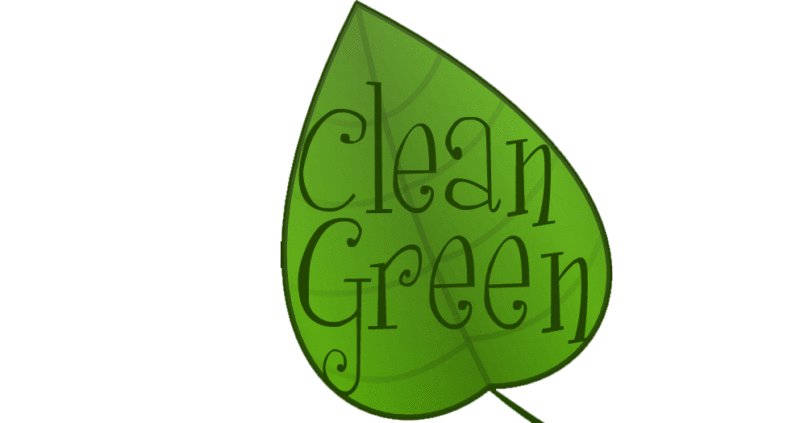Since the 1920s, the halogenated chemical compound trichloroethylene has been used for a variety of purposes around the world, including anesthesia, separation of oil from vegetables, and industrial cleaning. Today, many years after being banned for food uses (1977) and identified as a probable cause of cancer (1987), trichloroethylene is primarily recognized as an industrial solvent that is used for degreasing, spot cleaning, and formulating spray fixatives.
However, even these uses of the toxic solvent appear to be on their way out the door after the Environmental Protection Agency (EPA) provided the following statement via news release in July 2015: “EPA Reaches Agreement with Manufacturer to Stop Use of TCE in Spray Fixative Products Used on Arts and Crafts. EPA also taking regulatory action to reduce exposure to this chemical.”
The statement follows a 2014 statement from the EPA that came from the organization’s final risk assessment of trichloroethylene. In that statement, the EPA clarified that it has “identified health risks from TCE exposures to consumers using spray aerosol degreasers and spray fixatives” and “health risks to workers when TCE is used as a degreaser in small commercial shops and as a stain removing agent in dry cleaning.”
Bad News for Trichloroethylene Manufacturers
The EPA’s findings on trichloroethylene are reminiscent of its findings on asbestos in the 1970s that led to the severe regulation of asbestos and banned the new use of the product in 1989 — a ruling that was later revised to be less stringent. Asbestos is still used in certain capacities in the U.S., and trichloroethylene may have the same future, but large-scale use of the solvent will almost certainly be banned, forcing trichloroethylene manufacturers to find new revenue streams and organizations that use a high volume of the solvent to search out non toxic replacements.
Like asbestos regulations, trichloroethylene regulations will be enforced under the Toxic Substances Control Act (TSCA). Violators will face as yet to be finalized penalties that could range from escalating fines for repeat violations to the forced, temporary closure of business outfits that remain in violation even after fines are imposed. However, the increasing availability of highly efficacious, non toxic trichloroethylene replacements means that things needn’t come to that point for even the biggest trichloroethylene users.
Good News for Big Trichloroethylene Users
What is bad news for trichlorethylene manufacturers is ultimately good news for large-scale users of the solvent. They may be forced to abandon the use of trichloroethylene for certain applications and significantly curtail its use for others. But, in largely replacing the solution with one or more non toxic solvents, they stand to benefit financially by having a healthier workforce, one that won’t take sick days, file workers compensation claims, or file toxic torts (i.e., chemical injury lawsuits) due to the deleterious effects of trichloroethylene exposure.
The key, of course, is identifying non toxic solvents that work as drop-in replacements for trichloroethylene — a task that should involve the guidance of an experienced supplier of environmentally preferred and environmentally safe solvents, especially for organizations that don’t have a dedicated team of chemists. If your organization needs assistance finding safe trichloroethylene replacements that are as efficacious as the infamous solvent, Ecolink will help.
Contact Us for Toxic Solvent Replacements
Ecolink specializes in providing best in class, eco friendly replacements for toxic solvents such as trichloroethylene. Our non toxic solutions have no EPA listed hazardous ingredients and help our customers avoid costly government fines and the financial fallout that results from chemically injured workers. To identify the best replacement solvents for your unique needs, please call us today at (800) 563-1305, or fill out the contact form on our website.















